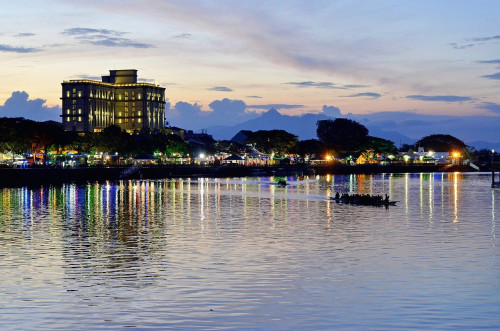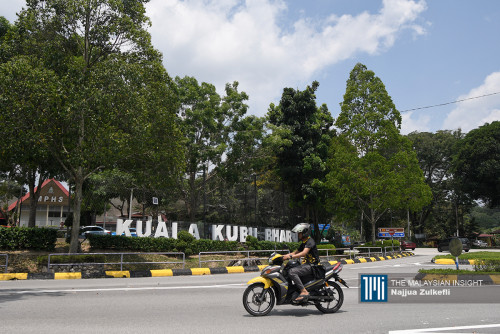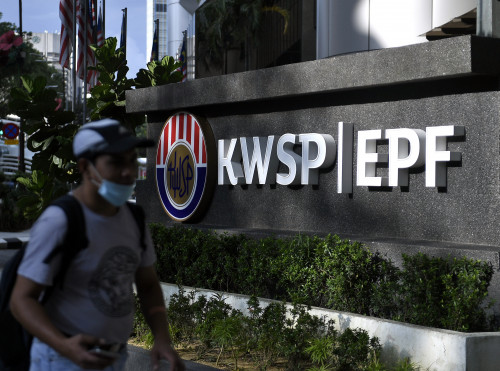
KEE Thuan Chye’s biography on Lim Kit Siang is perhaps the most important independent contribution to literature on the DAP stalwart. It explains more clearly than anything I have read why he is such a towering and influential figure in Malaysian politics and deserves a place in the history of our country.
For all the talk of DAP being a parochial, Chinese-based party, his leadership of the party rattled Umno/Alliance and subsequently Barisan Nasional (BN) to its very roots in over half a century of him being a key opposition leader. The depth and breath of the issues he covered is truly amazing.
That’s not because of the Chinese-ness of the party, but the true multiracial and multicultural tenets that Lim held to by example and sacrifice in the face of enormous adversity. He continuously and unwaveringly championed the cause of democratic socialism against all odds, holding on to his principles tenaciously and paying the price for it.
And this meant taking the battle to key elements within his own party, many of whom wanted Lim to champion mainly the Chinese cause, because that was where DAP’s support base was and still is. But no, that was not for him.
It is largely due to Lim’s credit that DAP has maintained its multiracial mantle, wielding non-Chinese candidates in Chinese-majority areas and winning seats. In fact, there have been far more Indian MPs from DAP than from MIC, for instance.
This book – Lim Kit Siang, Malaysian First, Volume 1: None but the Bold – is a multifaceted, well-researched, and well-written account of Lim by Kee, a former journalist, as well as a prominent figure in the local world of plays and drama. As Kee points out in his preface – “I cannot emphasise enough that this project is a totally independent one… Mr Lim has not asserted himself in any way...” – he was not commissioned to write the book and therefore it was not approved by Lim, although Lim was available for interviews.
The title indicates there is a Volume 2, and therein lies probably the main weakness of the book, ending abruptly in 1987 as Lim goes to jail again along with his son Guan Eng. His son will face imprisonment in 1998 over rape allegations he made against the Melaka chief minister. So it does not cover in detail the last major episode in Lim’s illustrious career, being part of the team that took Pakatan Harapan (PH) to victory at the 2018 polls. But in typical Lim style, he declined a cabinet position then, which I think was a mistake – he had a wealth of experience and a tonne of idealism to offer.
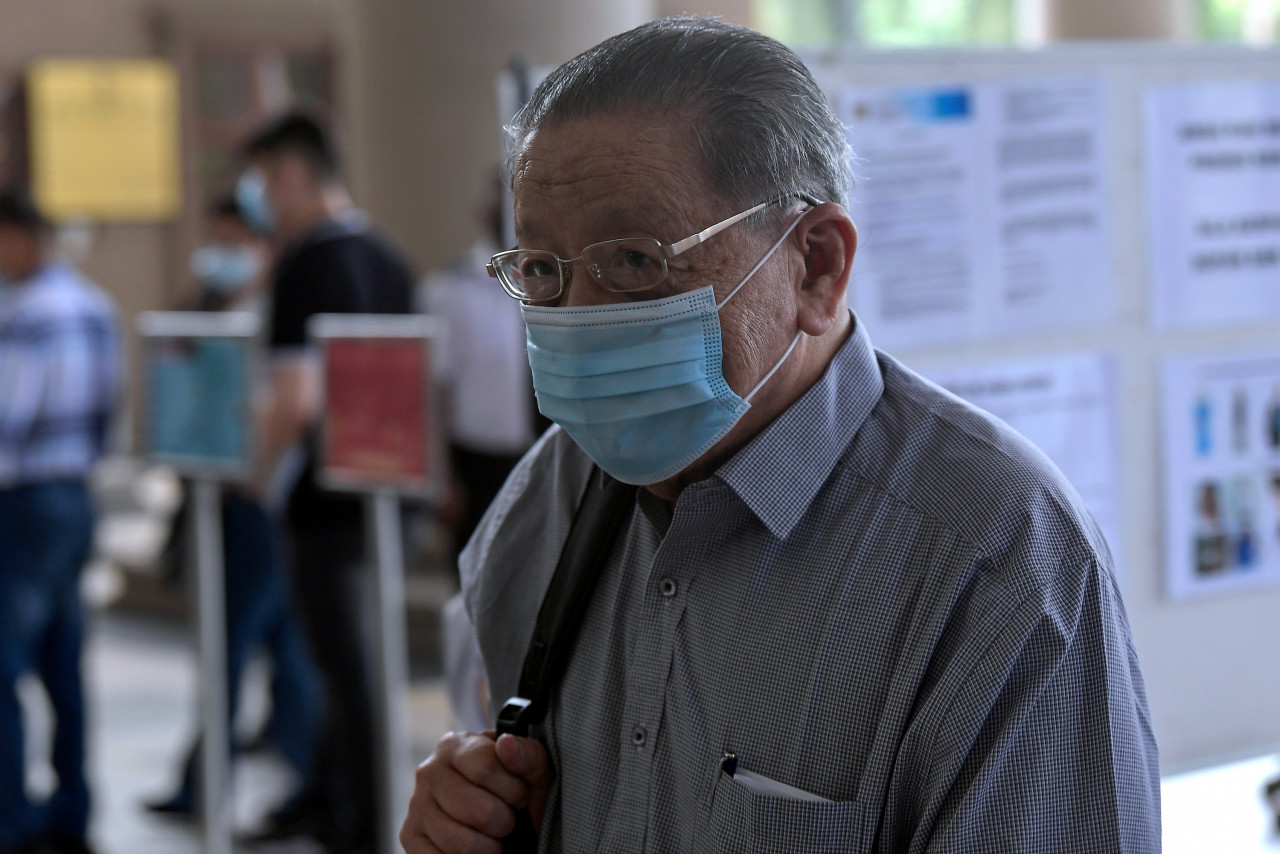
As it turned out, the PH victory was a pyrrhic one, leaving it in shambles with serious doubts over whether it will ever recover, especially given the bitter Melaka defeat, although the margin of victory belies the closeness of the battle. It would have been very interesting to get Lim’s take on that, but that will have to wait until volume two appears.
Perhaps Lim’s story cannot be told in one volume. But the reader is left badly wanting and waiting – Netflix-like – for the next episode, for much has happened in Malaysia and much water has flown under the bridges since 1987, where volume one abruptly ends. I recommend volume one heartily and I am sure when volume two appears it will be another book worth your time to buy and read.
Volume one is a wonderful and satisfying read. Besides the interviews with Lim, Kee references a multitude of other key persons in and out of DAP, numerous press reports, scholarly articles and books, making it an authoritative biography of Lim and the first of its kind on Lim. It’s a great effort and it is interesting for new tales not told and old ones we know of, but which need to be retold to put things in stark context and contrast.
There are the obligatory early days, family and friends, schools and influences which are well-told and interesting. The pace picks up quickly, moving into his beliefs and early leanings, showing that Lim had a very early predilection for anything political.
It moves on to talk, amongst other things, about Lim’s relationship with the late Devan Nair, who was once a People’s Action Party (PAP) MP for Bangsar, who was his political mentor for a while. After Singapore’s exit from Malaysia in 1965, Devan Nair stayed on in Malaysia, helping to form DAP to replace PAP, and returned to Singapore a couple of years later. Lim declined to follow him, saying he was a Malaysian.
In July 1967, Devan resigned as secretary-general of DAP and was replaced by Goh Hock Guan. Lim was not only made a member of the central executive committee (CEC), but was given the important position of organising secretary, firmly launching his political career at the tender age of 26. Two years later, he was arrested under the Internal Security Act (ISA), following the May 13, 1969 riots, although he played no part in the riots. The ISA was a law introduced in 1960 that provided for detention without trial to fight the communists, but was frequently abused to detain opposition politicians.
In May 1969, DAP contested the general election for the first time. In the election, the ruling Alliance had a severe setback, losing the two-thirds majority for the first time. The controversial May 13 riots resulted in the suspension of Parliament and declaration of an emergency, leading eventually to the ouster of the first prime minister, Tunku Abdul Rahman.
His deputy Tun Abdul Razak Hussein ruled the country by running the powerful National Operations Council (NOC) and in 1970 he took over as prime minister from Rahman. He persuaded/coerced most of the opposition parties to join Alliance in a grand coalition called BN. Eventually, only DAP stayed out. The book details many of the problems of that era.
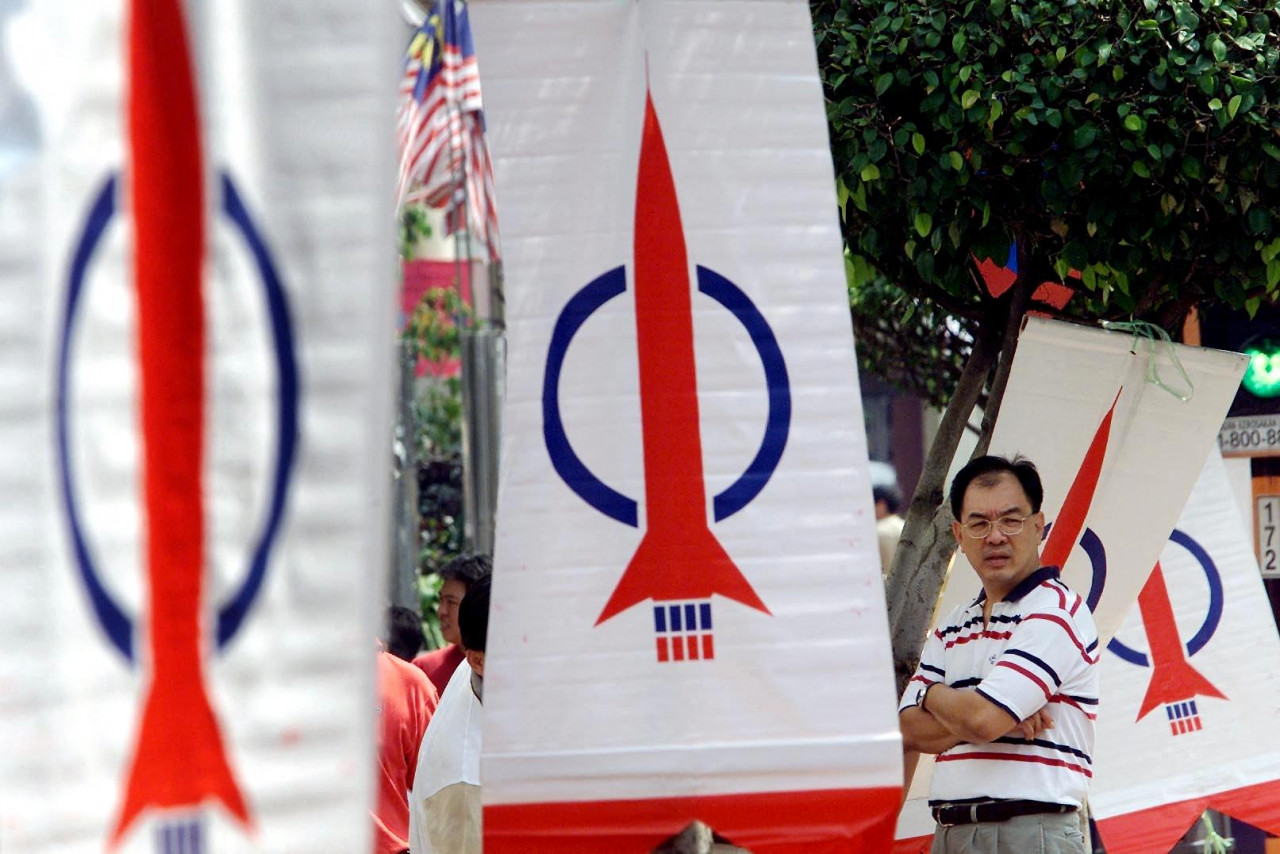
While there is much praise for Razak for restoring order post-riots, it was not a narrative that many shared, and DAP and others certainly have an alternative story to tell, especially through Lim. Although he was not even in Kuala Lumpur during the riots, Kee asserts that Lim was the person most unjustly blamed for the riots. That accusation follows him to this day.
When Goh resigned as secretary-general of DAP in October 1969, the CEC chose Lim to succeed, while Lim was still in detention. He was just 28 years old. Fan Yew Teng was appointed acting secretary-general in Lim’s absence. A year later, in October 1970, Lim was finally released from detention. The NOC announced that Parliament would reconvene on February 20, 1971.
The government had made it clear that if four key amendments to the constitution were not passed to prevent the public discussion of some issues, then Parliament would be shut down again. They were the national language and the language of the other communities, the special position of the Malays and the natives of Sabah and Sarawak and the legitimate interests of other communities, the sovereignty of the Malay rulers, and citizenship.
On that day, Lim, then 32, entered Parliament as an elected representative for the first time and started his protest against the amendments and the threats made by the government. He rejected the NOC’s version of the events as well as that in the Tunku’s book which led to the May 13 riots.
He boldly stated: “As democratic socialists we are dedicated to the abolition of poverty and economic backwardness regardless of race. We support any measure that will help better the lot of the Malay poor. But we are strongly opposed to the use of Malay special rights to enrich the new Malay rich to make them richer, while the mass of peasantry and poor are exploited as ever.” Thus, Lim hit hard on the weakness of the subsequent New Economic Policy even before it was implemented.
In 1971, PAS’ Asri Muda was named opposition leader but after all the opposition parties tumbled into the BN coalition by 1973, DAP and the Sarawak National Party, were the only major parties left and Lim was named opposition leader, at the age of 32.
While Lim suffered under Razak and he opposed many of the policies Razak proposed in the aftermath of the racial riots, when Razak died in January 1976, Lim was magnanimous. At a special session in Parliament, he described Razak as “a man of integrity, honesty of purpose and great dedication” whose “high sense of responsibility and love for the country” should serve as “a shining example for all Malaysians to emulate”, the book says.
But Lim would fight and suffer under the subsequent prime ministers, even Tun Hussein Onn and of course, Tun Dr Mahathir Mohamad. I will leave the reader to find out for himself how.
The book is not just a biography of Lim. It is also a history of the politics in Malaysia because these have to be discussed for an understanding of Lim and his purposes. It is also a book about the development of DAP in Malaysia, the power arrangements and broking that went on behind the scenes, and Lim’s attempts to keep to the straight and narrow at all times.
Finally, it is yet another book about all the problems that this country faces, but from a slightly different perspective – from the view of one who fought for almost all his adult life for right and principles from the opposition benches, and who against all odds helped finally topple the mighty BN, even if it was only for a while.
But the book, like Lim’s aim, is an unfinished work still in progress and it would be good to see what volume two holds. Volume one marks clearly the importance of Lim in the politics of Malaya, and the title rightly honours him by calling him “Malaysian First”. Indeed he was, but shouldn’t all Malaysian politicians call themselves that and aspire to live up to that moniker?
The fact that many leaders don’t is emblematic of the problems facing our country. Kee, with Tan Sri Nazir Razak, Datuk Dennis Ignatius, and Tan Sri Tommy Thomas have all made valuable contributions this year to the ongoing debate of what we must do going forward looking for context to the past.
More such contributions would be welcome. – The Vibes, December 6, 2021
P. Gunasegaram is chief executive of research and advocacy unit Sekhar Institute and editorial consultant of The Vibes



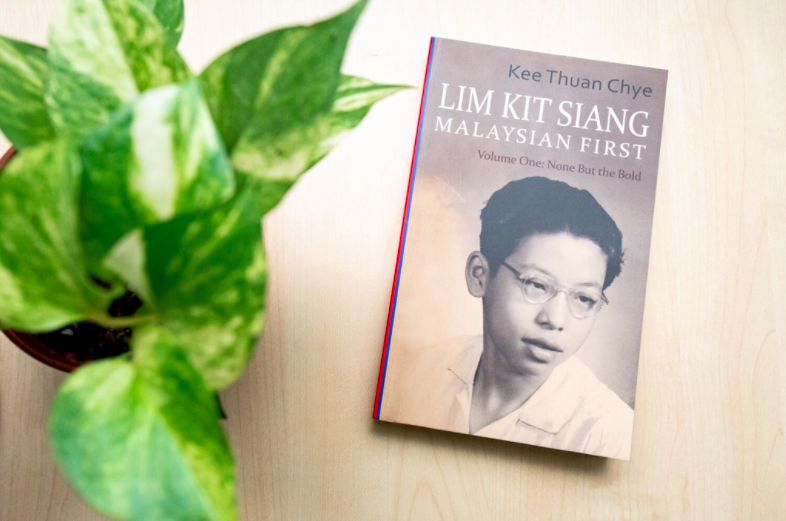

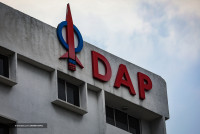
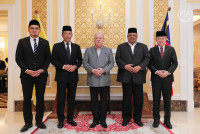

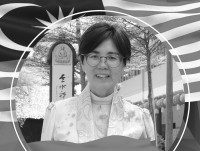






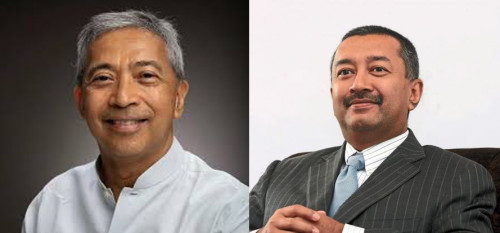
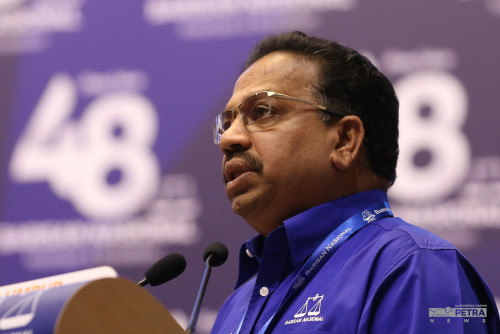
.jpg)
